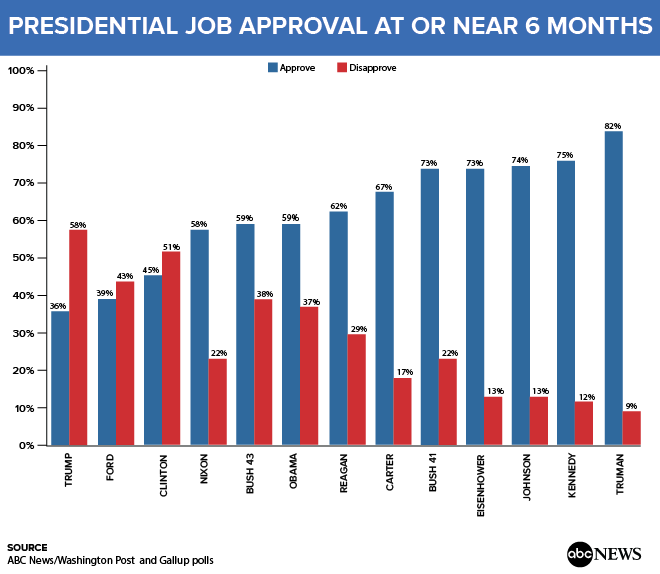Time to check in with America's 'allies' in the Middle East, and it turns out the increasingly ugly fight between Qatar and Saudi Arabia may have been taken to a flashpoint by the UAE.
The United Arab Emirates orchestrated the hacking of Qatari government news and social media sites in order to post incendiary false quotes attributed to Qatar’s emir, Sheikh Tamim Bin Hamad al-Thani, in late May that sparked the ongoing upheaval between Qatar and its neighbors, according to U.S. intelligence officials.
Officials became aware last week that newly analyzed information gathered by U.S. intelligence agencies confirmed that on May 23, senior members of the UAE government discussed the plan and its implementation. The officials said it remains unclear whether the UAE carried out the hacks itself or contracted to have them done. The false reports said that the emir, among other things, had called Iran an “Islamic power” and praised Hamas.
The hacks and posting took place on May 24, shortly after President Trump completed a lengthy counterterrorism meeting with Persian Gulf leaders in neighboring Saudi Arabia and declared them unified.
Citing the emir’s reported comments, the Saudis, the UAE, Bahrain and Egypt immediately banned all Qatari media. They then broke relations with Qatar and declared a trade and diplomatic boycott, sending the region into a political and diplomatic tailspin that Secretary of State Rex Tillerson has warned could undermine U.S. counterterrorism efforts against the Islamic State.
So the question is what did Trump say in that meeting in Saudi Arabia that gave the UAE the green light for all of Team Riyadh to leave Doha out to dry? The UAE is of course denying the hell out of the move, but then again it's not like there isn't a reason to believe Trump does things like have other countries hack things to his benefit these days, right?
The revelations come as emails purportedly hacked from Otaiba’s private account have circulated to journalists over the past several months. That hack has been claimed by an apparently pro- Qatari organization calling itself GlobalLeaks. Many of the emails highlight the UAE’s determination over the years to rally Washington thinkers and policymakers to its side on the issues at the center of its dispute with Qatar.
All of the Persian Gulf nations are members of the U.S.-led coalition against the Islamic State. More than 10,000 U.S. troops are based at Qatar’s al-Udeid Air Base, the U.S. Central Command’s regional headquarters, and Bahrain is the home of the U.S. Navy’s 5th Fleet. All are purchasers of U.S. defense equipment and tied to U.S. foreign policy priorities in numerous ways.
The conflict has also exposed sharp differences between Trump — who has clearly taken the Saudi and UAE side in a series of tweets and statements — and Tillerson, who has urged compromise and spent most of last week in shuttle diplomacy among the regional capitals that has been unsuccessful so far.
“We don’t expect any near-term resolution,” Tillerson aide R.C. Hammond said Saturday. He said the secretary had left behind proposals with the “Saudi bloc” and with Qatar including “a common set of principles that all countries can agree to so that we start from . . . a common place.”
Now, if you wanted to split the US coalition with both the Sunni and Shi'a Gulf states and leave a gigantic mess to take advantage of, having the Qatari emir's real thoughts on his Saudi 'friends' leaked all over the media is definitely the way to go. The US position, thanks to the worst diplomats ever, is now that America clearly favors the Sunni side of the equation.
I'll give you three guesses as to which large country north of China is more than happy to exploit this rift here, and the first four don't count.




